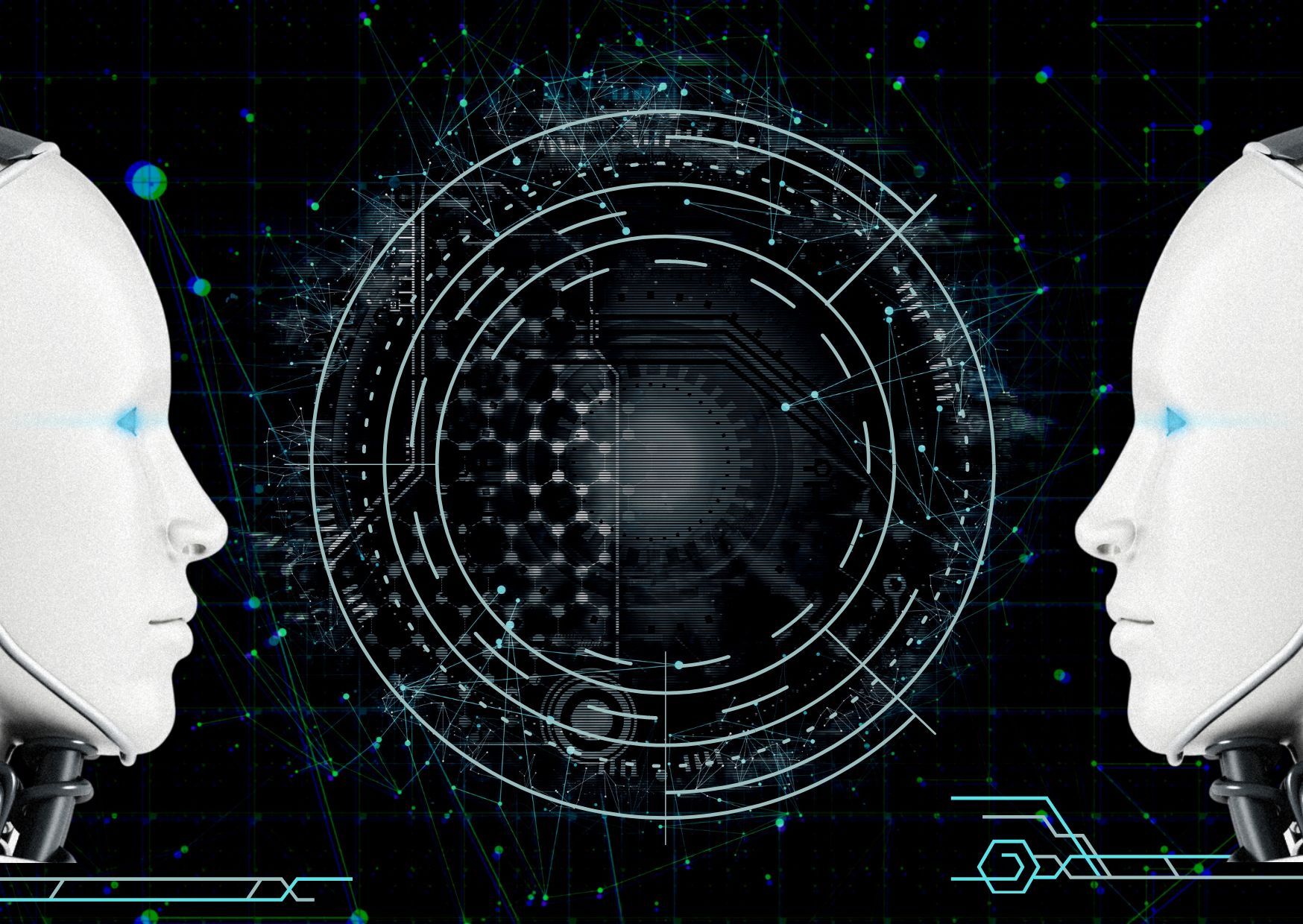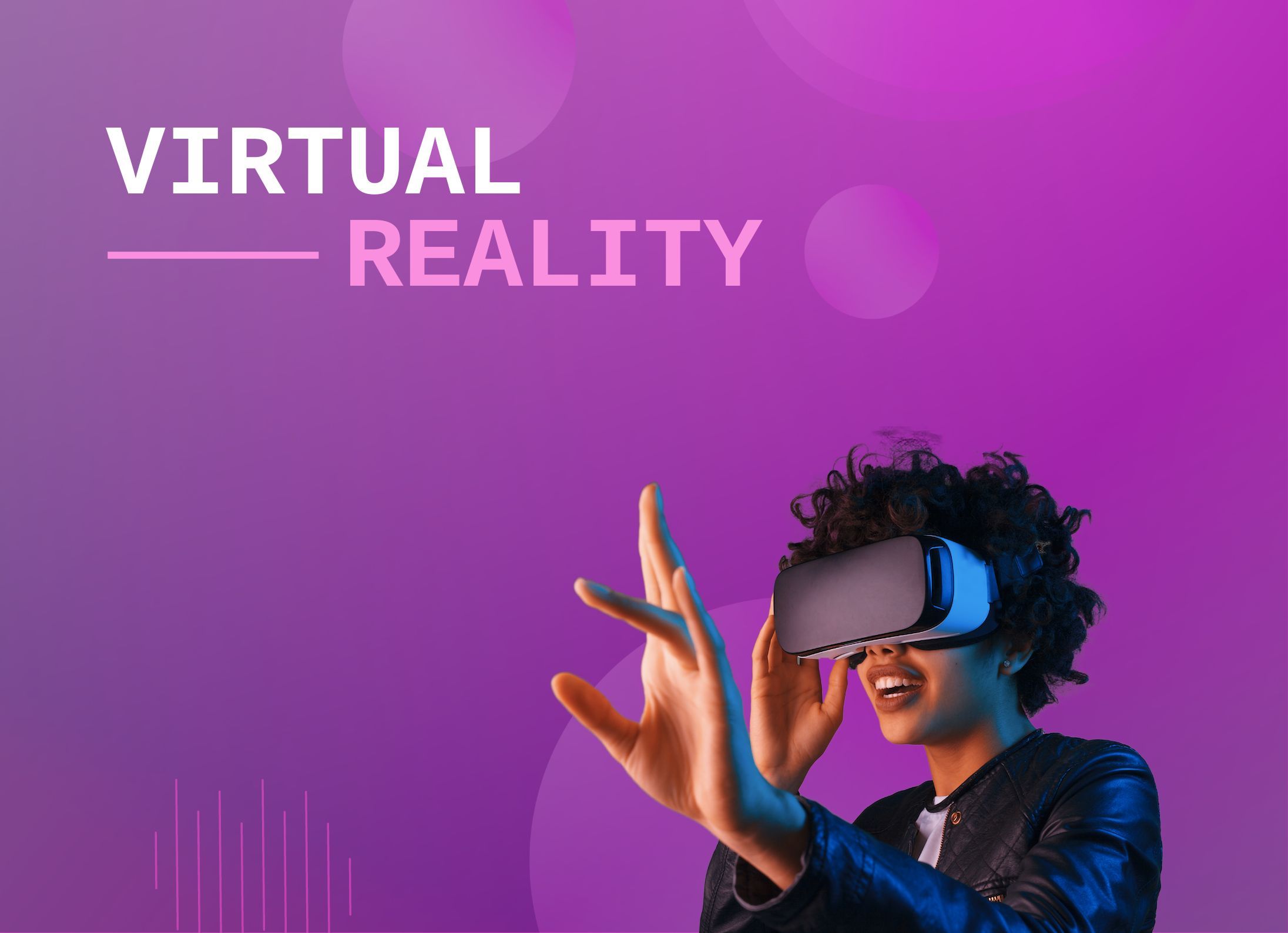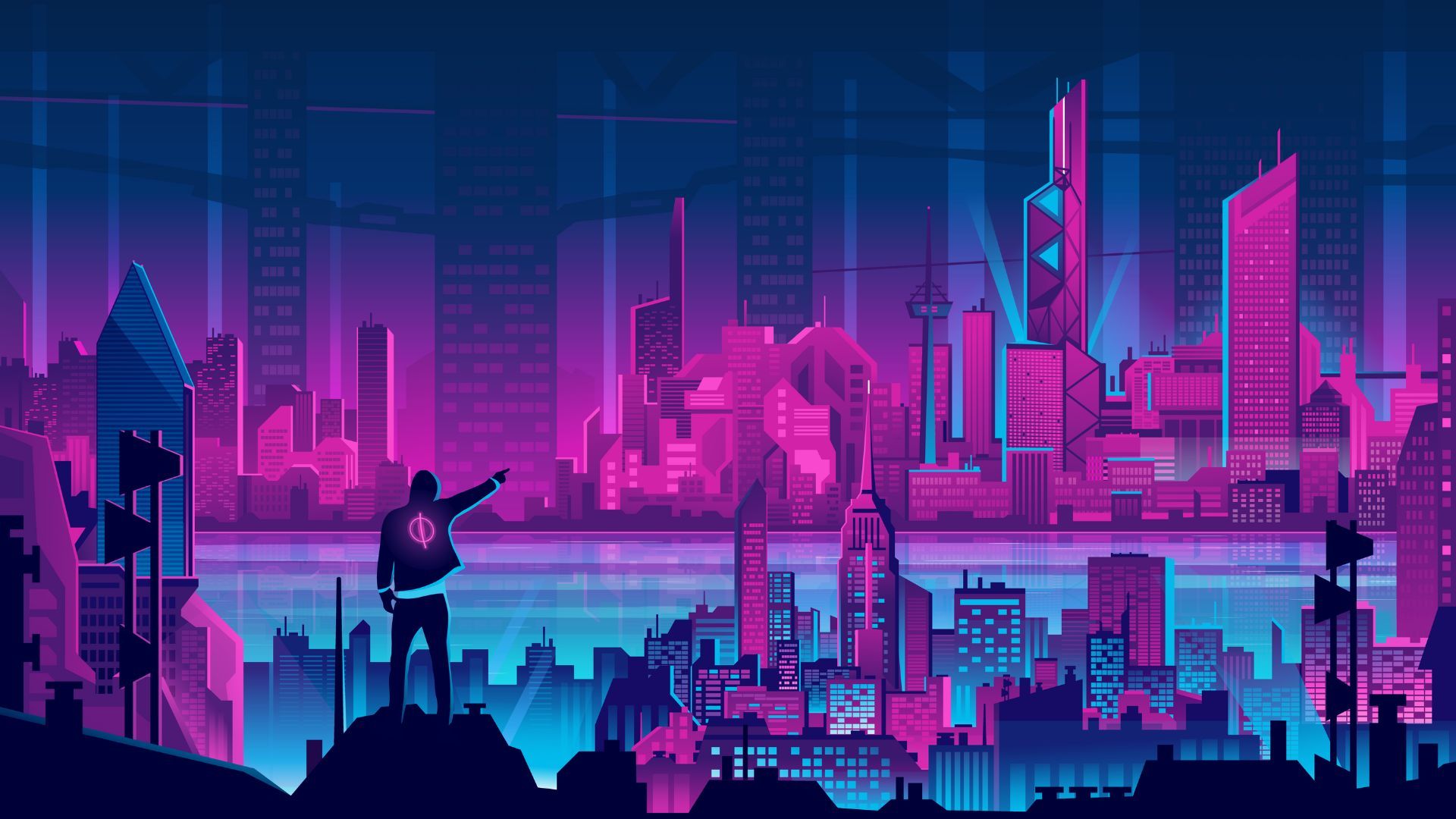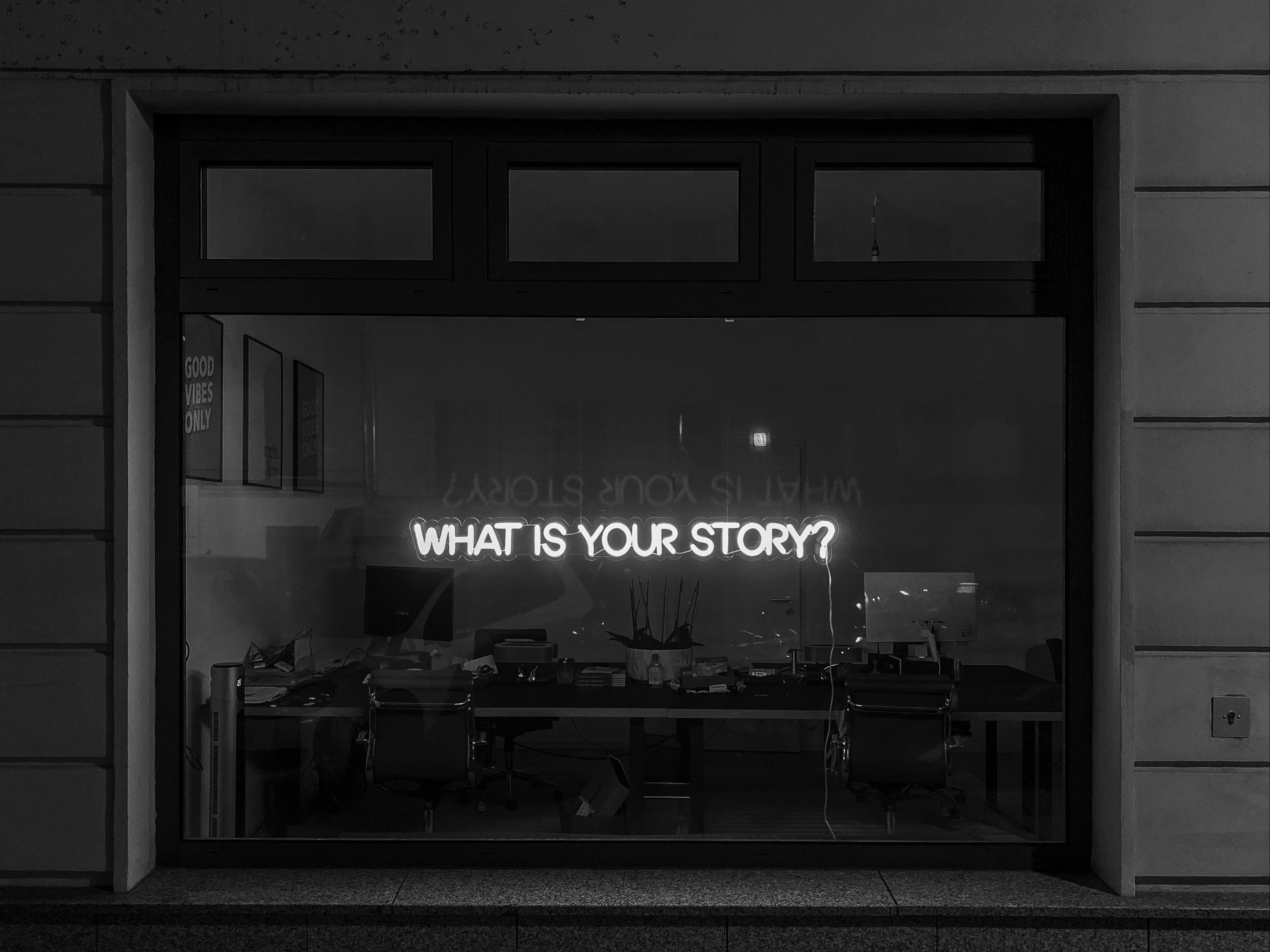Introduction
Micro-influencer marketing is a form of social media marketing that leverages the power of individuals with a smaller, but highly engaged, following. These micro-influencers, who typically have between 2,000 to 50,000 followers, are considered experts in their niche and can provide a more authentic and relatable form of advertising for brands. As influencer marketing matures, AI is also becoming part of broader business strategy, helping brands make smarter, data-backed decisions.
In recent years, the importance of micro-influencer marketing has grown as consumers become increasingly skeptical of traditional advertising methods.
However, identifying and working with the right micro-influencers can be a challenge for brands. This is where AI comes in. Artificial intelligence (AI) is revolutionizing the micro-influencer market by making it easier for brands to find and collaborate with the best micro-influencers for their campaigns.
In this article, we will explore how AI is changing the micro-influencer market and what the future holds for this form of marketing. AI is part of a broader digital transformation in marketing, helping brands shift from manual influencer selection to automated, data-driven decision-making.
Understanding the current state of the micro-influencer market
Currently, finding the right micro-influencers for a campaign can be a time-consuming and difficult task for brands. Many influencers may have a large following, but lack engagement or may not align with the brand's target audience.
Additionally, tracking the performance of a campaign and measuring the return on investment (ROI) can be a challenge. These AI tools track key performance indicators more accurately, giving brands real-time visibility into engagement, reach, and conversions.
AI can help to address these challenges in several ways. For example, AI algorithms can analyze an influencer's engagement rates, audience demographics, and even their past performance to identify those who are most likely to drive results for a brand. Additionally, AI-powered tools can monitor the performance of a campaign in real-time, providing valuable insights on what is working and what is not. This allows brands to optimize their campaigns and achieve a better ROI.
Adopting AI tools usually requires internal change management, especially for small teams that previously relied on fully manual influencer discovery.
Moreover, AI can be used to automate influencer management tasks, such as scheduling posts, tracking performance, and analyzing data. This can help brands to streamline their influencer marketing efforts and save time and resources. In many ways, AI adds a layer of quality control by filtering out low-quality influencers and inconsistencies before a campaign even begins.
Overall, AI is making it easier for brands to identify, collaborate with, and measure the performance of micro-influencers, which can improve the effectiveness of their campaigns and drive better results.
At Social Cat, we are dedicated to simplifying our processes to make it more convenient for our clients. While we have more updates planned, we must keep in mind that our resources are limited. We focus specifically on catering to small businesses and wish to maintain that focus.
Interested in starting your journey in influencer marketing? Connect with Social Cat for a complimentary trial, or schedule a demo to learn how to collaborate with micro-influencers to elevate your brand's visibility.
As we see an increase in the number of platforms like Social Cat, they are commonly referred to as AI platforms because of the algorithm they use to match brands with the most appropriate influencers.
Developing a similar platform would involve several key steps:
- Research: Researching the current market and understanding the needs of both brands and micro-influencers would be crucial in developing a platform that addresses their specific needs.
- Building a database of micro-influencers: The platform would need to have a comprehensive database of micro-influencers, including their personal information, social media metrics, and niche.
- Developing the algorithm: An algorithm would need to be developed to match brands with the right micro-influencers based on their needs and target audience.
- Creating a user-friendly interface: The platform would need to have a user-friendly interface that allows brands to easily discover, manage, and track the performance of their influencer campaigns.
- Providing analytics and insights: such as engagement rate.
This example demonstrate how AI is making it easier for brands to find and collaborate with the right micro-influencers for their campaigns, which can lead to better results. Additionally, AI-powered tools can help brands to optimize their campaigns and achieve a higher ROI.

Potential future developments
As the technology continues to advance, the potential for AI in the micro-influencer market is huge. In the future, AI platforms will even run simplified versions of financial modeling, predicting which creators are most likely to generate profitable results.. Additionally, AI-powered tools could be used to automate the negotiation and contract process between brands and influencers. Also, this automated vetting acts as a form of influencer due diligence, helping brands avoid fake engagement or misaligned audiences.
Another potential development is the use of virtual reality (VR) and augmented reality (AR) in micro-influencer campaigns. These technologies could be used to create immersive brand experiences that are more engaging for consumers. These developments highlight how strong innovation management is becoming essential for brands adopting next-generation creator tools
AR allows users to overlay virtual objects onto the real world, which can create unique and interactive brand experiences for consumers. For example, a brand could create an AR filter that consumers can use on social media to virtually try on a product before making a purchase. This can increase engagement and conversion rates.
VR is a fully immersive technology that can take consumers on a virtual journey. Brands can use VR to create virtual experiences that are not possible in the real world. For example, a brand could create a VR experience that takes consumers on a virtual tour of a factory or showroom. This can create a deeper connection between the brand and the consumer, which can increase brand loyalty.

In the future, micro-influencers could be used to promote and give a testimonial of those experiences, creating a more authentic and relatable way of advertising for the brand.
Additionally, AI-powered chatbots and virtual assistants could be used in conjunction with VR and AR experiences to interact with consumers in a more personalized and conversational way.
Overall, the use of VR and AR in micro-influencer campaigns can create more engaging and interactive brand experiences for consumers, which can increase engagement, conversion rates, and brand loyalty.
Overall, the future of AI in the micro-influencer market is exciting and has the potential to further revolutionize the way brands and influencers work together.
Conclusion
In this article, we have explored how AI is revolutionizing the micro-influencer market. We have seen that AI is making it easier for brands to find and collaborate with the right micro-influencers for their campaigns, which can lead to better results. Additionally, AI-powered tools can help brands to optimize their campaigns and achieve a higher ROI.
It is important to note that while AI can certainly help to streamline the process of finding and working with micro-influencers, it should not be used as a replacement for human intuition and creativity. Brands and influencers should work together to find the best balance between using AI tools and maintaining a human touch.
In conclusion, AI is changing the micro-influencer market by making it easier for brands to find and collaborate with the right micro-influencers for their campaigns, leading to better results and a higher ROI.
Table of content
Looking for influencers?










